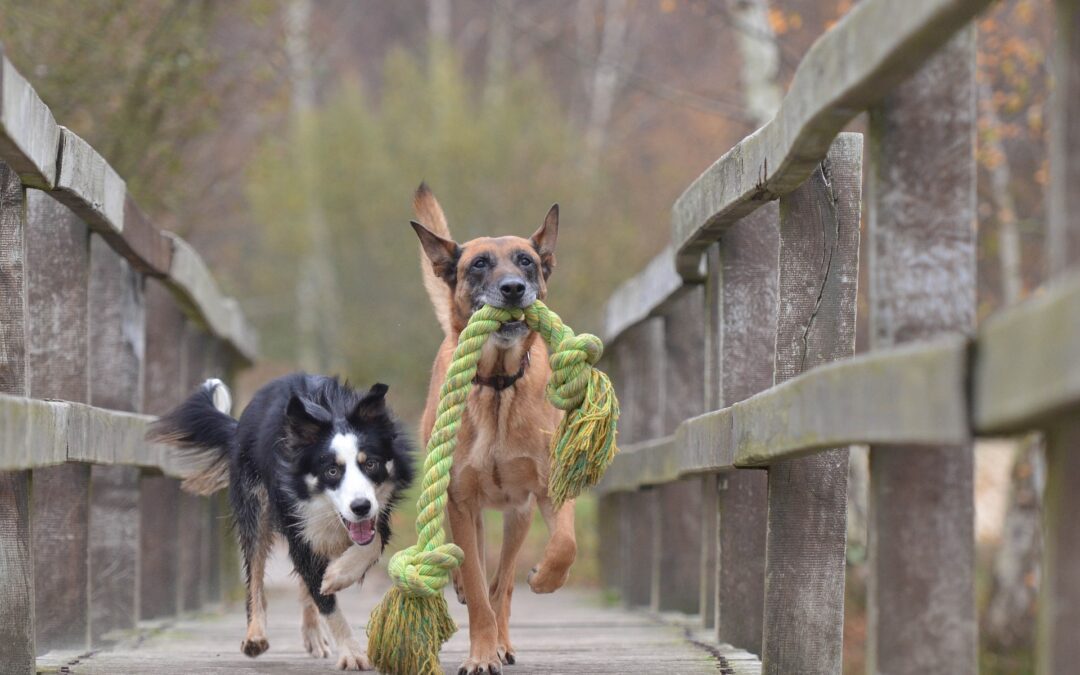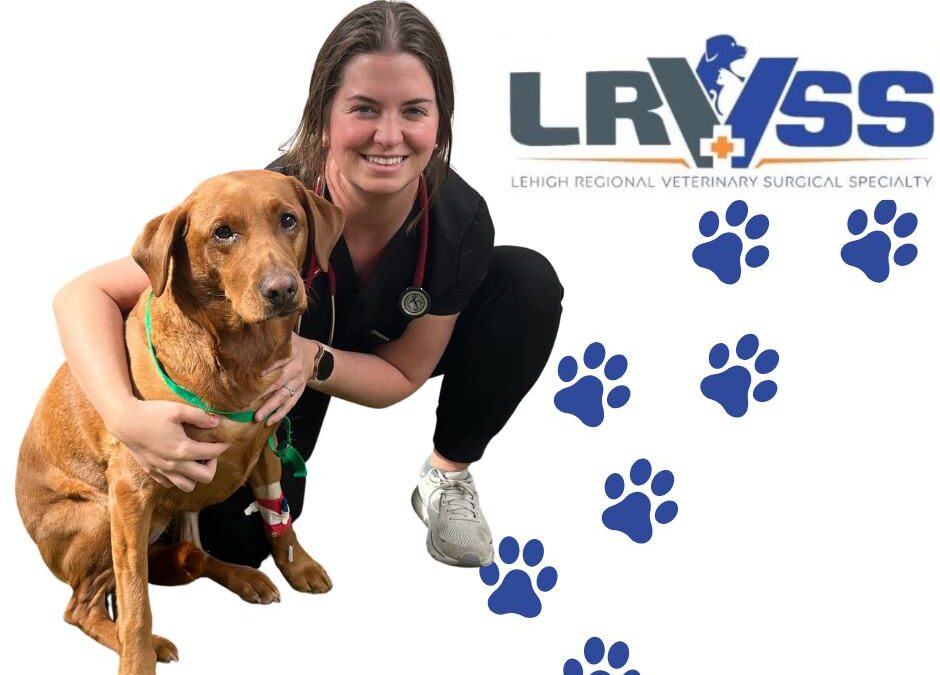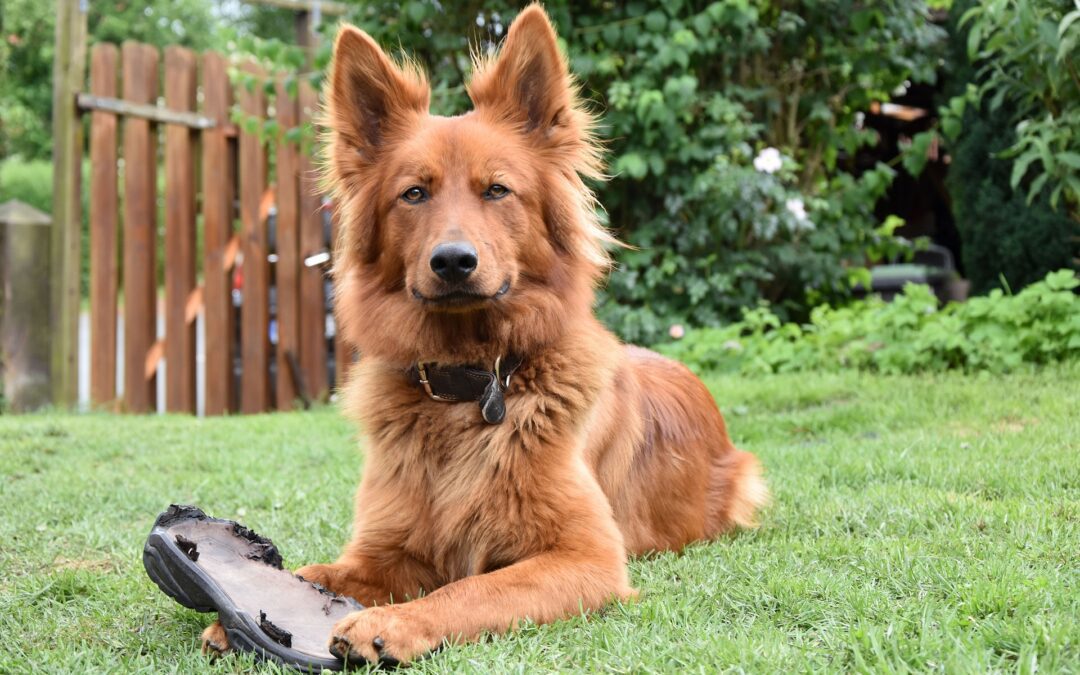LRVSS’s Blog
Real stories about actual LRVSS patients.

A year in the life of a surgeon
A new year is a perfect opportunity to reflect on our top 10 surgeries last year at LRVSS.Here they are, starting with the most common: 1. TPLO surgery No doubt, we perform a huge number of TPLOs (Tibial Plateau Leveling Osteotomy) to address a torn ACL in dogs. It is...

Top 5 questions LRVSS clients worry about
Today we answer the 5 most common questions we hear from our clients. 1. Anesthesia This is easily the #1 concern. If you could objectively look at the scientific evidence, you would see that the risk of a cat or a dog dying under anesthesia is well under 0.25%. The...

Anesthesia myths and urban legends (part 2)
We hear lots of anesthesia-related questions at LRVSS. Most are great questions. Some are based on complete myths, that we would like to debunk. Let’s go over 2 more common concerns. To read about the 3 myths we discussed last month, click here:...

Anesthesia myths and urban legends
We hear lots of anesthesia-related questions at LRVSS. Most are great questions. Some are based on complete myths, that we would like to debunk. Let’s go over 3 common concerns. Myth #1: Fluffy had anesthesia 1 month ago (or 3) (or 6). Isn’t it risky to put him under...

Is my cat in pain?
Signs of pain are not always obvious in cats. Part of the reason has to do with their evolution. In the wild, sick animals often get eaten. So we believe that cats have learned to hide pain and sickness in order to survive. Sadly that doesn’t always make our diagnosis...

When everybody is convinced it’s cancer
We remove countless cancerous tumors, from all body parts, at LRVSS. And we also remove masses that were thought to be cancer until the biopsy shows that they were actually benign. Here are 3 actual patients we recently treated. 1. Booboo and the toe mass Booboo, a...

What truly happens after your pet is admitted for surgery?
We know that putting a pet through surgery can be a very stressful experience. After all, we are all pet owners, and we’ve also had pets going through surgery. Today, we pull the curtain and take you behind the scenes at LRVSS. This is what happens to a theorical 8...

Why should I treat cancer in my pet? (part 2)
This is part 2 of our answer to this fair and difficult question: “Why should I treat cancer in my pet?” You can read part 1 here: Why should I treat cancer in my pet? (part 1) Here are 3 more reasons to treat your pet. 4. Treating cancer can improve quantity of life...

Why should I treat cancer in my pet? (part 1)
We treat a huge number of cats and dogs with cancer. A fair but difficult question to ask is: “Why should I treat my pet if (s)he has cancer and is going to die from it anyway?” Can you imagine being the vet having to answer that question? Well, that’s what we’re...

Why does my pet have cancer?
Duke, a gorgeous 8-year-old Lab, was initially diagnosed with an ACL tear. Yet when I saw him, several things didn’t make sense. We repeated X-rays, which confirmed my suspicion. Imagine the difficult conversation that followed: “Ms. Smith, Duke does not have a torn...
